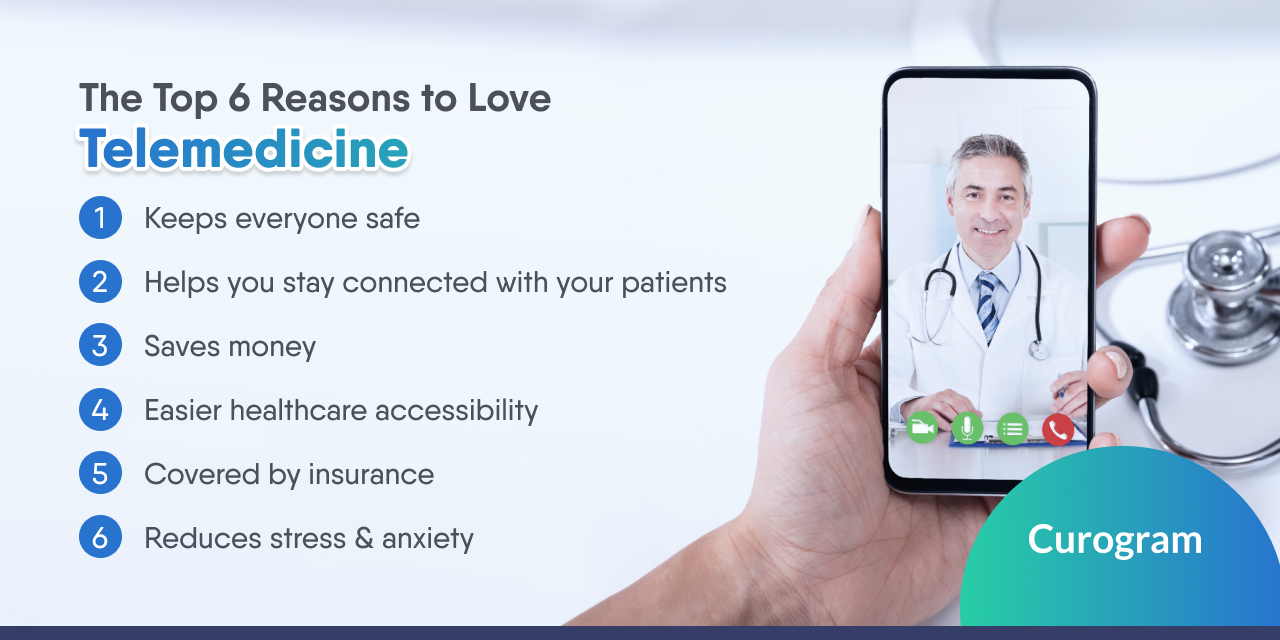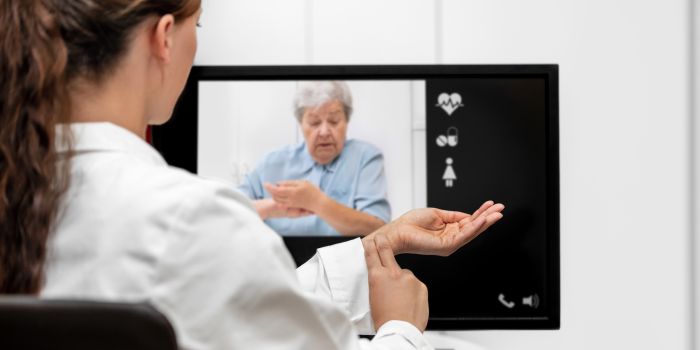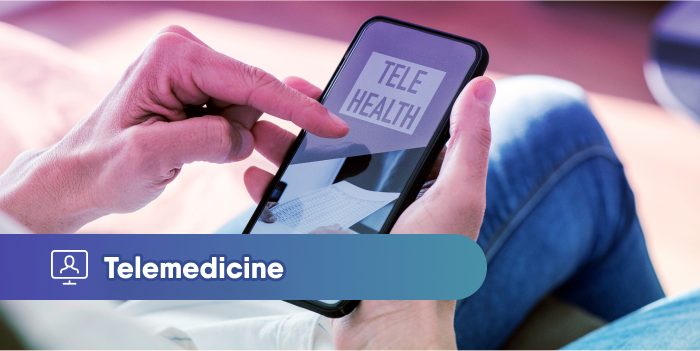Why You Need to Offer Telehealth Services
The COVID-19 pandemic poses a serious threat to healthcare providers and patients. Telehealth services offer ways to mitigate these safety concerns....

Healthcare providers love telemedicine for various reasons related to their practice and ensure that they continue to honor their sworn duty to provide health care to patients.
Telemedicine uses secure communications technology such as video conferencing and remote patient monitoring to allow healthcare providers (HCPs) to treat their patients at a distance. While face-to-face engagements and in-person visits aren’t encouraged during the COVID-19 public health emergency, remote health care delivery using a laptop, tablet, or cellphone, has allowed HCPs to continue delivering patient care.
Compliance with social distancing is just one of the many reasons healthcare providers love telemedicine.
In a study conducted in 2020, 68% of physicians and other qualified healthcare professionals want to increase the use of telehealth in their practice. The study shows an overwhelming indication that telehealth enabled HCPs to provide quality care during the pandemic with favorable reactions from their patients.
Let's learn how it works while exploring how HCPs take advantage of it and why they love it.
In the medical profession, the safety and well-being of patients come first. Health professionals have a high risk of exposure to the SARS-CoV2 virus that causes COVID-19. HCPs must implement infection control protocols to prevent spreading the virus while continuing to diagnose, treat, and care for their patients.
Wearing personal protective equipment (PPE), such as masks is an effective way to limit the spread of the disease. However, with supply chain disruptions, the high demand for PPE has strained hospitals and healthcare systems.
However, physical distancing has proven to be the most inexpensive and effective way to contain further exposure to the disease. This measure led people to stay at home and avoid all but the most crucial outings.
While it cannot replace all in-person visits, telemedicine is the necessary compromise to keep everyone safe. HCPs fulfill their duties to patients while keeping themselves and their families safe too.
For HCPs, it's hard not to love telemedicine for keeping them connected with patients while also keeping everyone safe.
Telemedicine has become your perfect healthcare technology. It is not just about doing your job as a medical professional remotely It is about what you can do with it too.
Telemedicine allows you to perform tasks and routines you usually do when at your clinic or the hospital. Among these tasks include talking to your patients, monitoring your patients remotely, screening patients with symptoms of COVID-19, prescribing medication, and providing referrals. It also enables you to send and receive messages from your patients via secure chat messaging and email.
Telemedicine saves a lot of time for both practices and their patients. With telemedicine, you streamline and optimize front desk functions and improve your patient management systems. There are platforms now that create a 50% reduction in phone calls volume with the accessibility of two-way text messaging for easy booking, cancellation, and rescheduling of appointments. In addition to streamlining your front office and clinical processes, patient wait times and no-shows are likewise dramatically reduced.
With telemedicine, doctors can work at their clinics or from the comfort of their homes. At the same time, patients don’t have to schedule time off work or travel to their doctors’ offices for an appointment.
Telemedicine makes it possible for HCPs to reach rural communities where the nearest medical facility is miles away — as long as they are reachable through the phone or have reliable internet service.
Telemedicine also provides the most vulnerable groups of people a way to communicate with doctors preventing further sickness if they remain untreated. Vulnerable communities are most affected by the closures of hospitals that offer cheaper medical services in relatively poor neighborhoods. These groups are also more likely to seek telemedicine if they don’t have to travel for medical attention and save on transportation costs.
Medicare and commercial insurance plans have expanded their coverage and reimbursements for telemedicine, making it more convenient for HCPs and patients when billing for services.
Take note, though, of varying state laws and restrictions related to insurance plans. While telemedicine is likely here to stay, as the COVID-19 pandemic subsides the reimbursement for telehealth may change again.
Senior citizens, people living with anxiety, and those with disabilities significantly benefit from telemedicine. Patients may avoid anxiety triggers such as driving, crowds, or fears of getting sick by meeting with their HCP via video conferencing. Similarly, people who have mobility issues or limited access to reliable transportation can meet with their doctors without worrying about how to get to and from the office. Telemedicine offers a wide array of services that allow patients to stay at home and receive the medical care they need.
All the conveniences and savings in time and money that telemedicine brings lessens stress factors and promotes wellness instead.
Telemedicine has been available when telecommunications came into our lives. However, we’ve only come to appreciate its full value when the COVID-19 pandemic forced us to stay at home as much as possible.
While telemedicine won’t replace face-to-face health care, it provides many advantages that benefit physicians, medical office staff, and patients. Telemedicine is a valuable option for healthcare.


The COVID-19 pandemic poses a serious threat to healthcare providers and patients. Telehealth services offer ways to mitigate these safety concerns....

The COVID-19 pandemic changed how many industries manage their day-to-day operations, healthcare included. With lockdowns that prevented people from...

You may not believe it, but telehealth has been around longer than you may think. The idea of telehealth started in the late 1800s from an article...